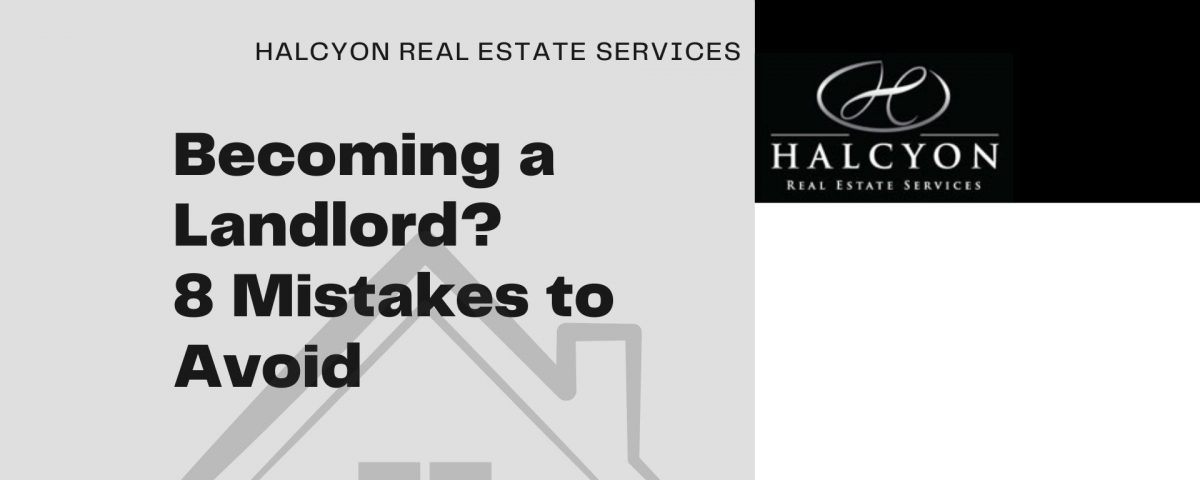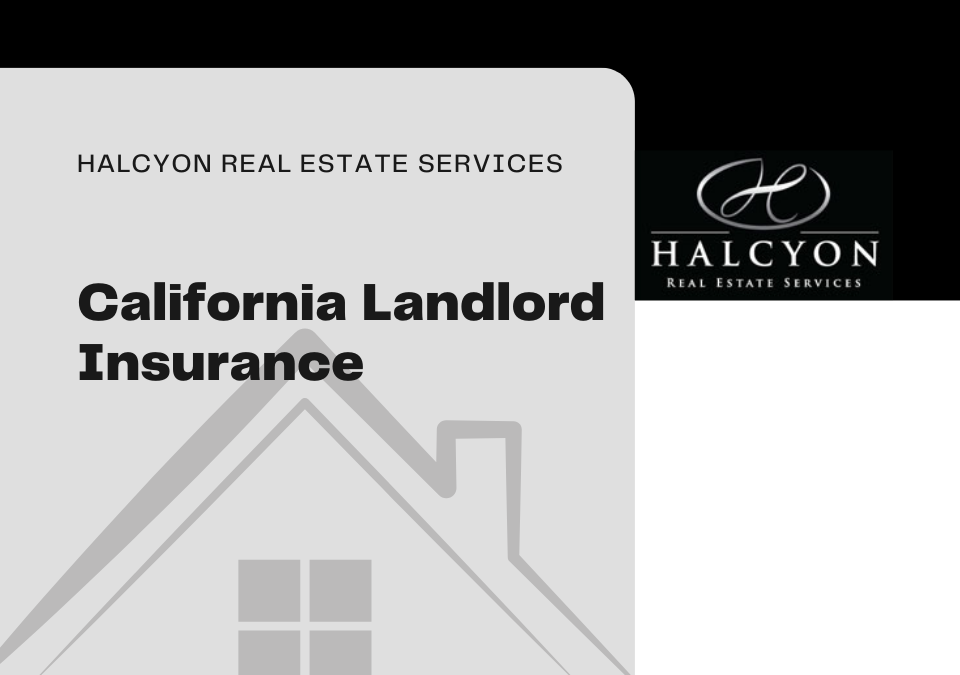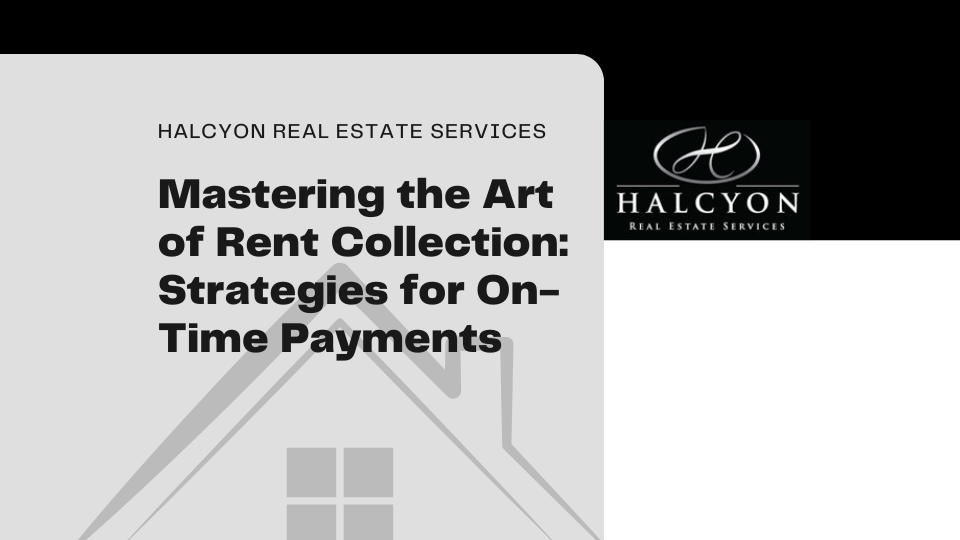Becoming a Landlord? 8 Mistakes to Avoid

Taking the DIY approach to being a landlord can be rewarding. However, it comes with its fair share of risks and potential mistakes. As a new self-managing landlord, you have less experience than someone who has been doing this for many years and may face challenges that could cost you financially.
While these challenges are not insurmountable, they should be taken into consideration when you start your rental property journey. It is essential to understand the basics of being a landlord to avoid common pitfalls and become successful in the industry.
To help ensure that you do not fall into this trap, here are some common mistakes to avoid when self-managing your rental property.
1. Not Staying Up-to-Date on Market Trends
It’s important to stay informed about the local rental market and any changes that are taking place. The market will change over time, so always stay on top of it. Research rental rates in your area periodically, determine if the demand has gone up or down, and ensure you’re getting all the potential profits. Additionally, read up on local landlord-tenant laws so that you know your rights and obligations as a landlord.
Failing to stay informed about the market can result in lost profits or tenant disputes down the line. Stay ahead of trends and be knowledgeable regarding rental rates, laws and regulations, and other aspects of being a landlord in your area.

2. Not Having a Solid Lease Agreement
It is essential to have a written and substantial lease agreement specifying the terms and conditions of tenancy in place before renting out your property. A well-written, legally binding lease should include the cost of rent and when it is due, tenant responsibilities for things like maintenance, and your rights and duties as their landlord.
Whenever a tenant fails to pay rent or violates the lease contract, landlords must have the proper documentation to take legal action. Without a written lease, you are more likely to have disputes and legal problems with tenants. It’s essential to have an experienced property manager to create and provide the tenant with a solid lease agreement.
3. Not Carrying Out Proper Screening
Another common mistake with new landlords is not screening tenants properly. Proper screenings before leasing a property can help you avoid future problems. A solid tenant screening process should include background checks, verifying their employment and financial stability, and checking references from previous landlords.
By being thorough in your tenant selection process, you can find reliable renters and avoid costly damages and tenant disputes. If you need help, consult with a property management company.
4. Not Being Ready for Vacancies and Emergencies
Vacancies are a normal part of being a landlord. However, it is essential to be prepared for vacancies to minimize the financial burden. Plan what to do if your property remains vacant for a long time. Be prepared to advertise the property as quickly as possible.

Set emergency funds aside to cover any potential expenses associated with the vacancy, such as maintenance or repairs. This will help ensure that you can handle these costs without turning to other sources of financing, such as loans or credit cards. Additionally, it will give you peace of mind that you are financially secure even when the unexpected happens.
5. Not Knowing the Importance of Learning
Always remember that being a new landlord is a learning process. Make sure you are taking the time to educate yourself about all aspects of property management. There are many resources available, such as books, seminars, and online courses. Additionally, consider speaking with other landlords or hiring a property manager for help.
6. Not Acting Quickly
If a tenant fails to pay rent, violates the lease agreement, or causes damage to your property, it is essential to act quickly and begin the eviction process if necessary. Additionally, ensure that you follow all of the local, state, and federal laws related to tenant rights and evictions. Ignoring these laws can have serious consequences, including fines or jail time.
7. Not Performing Regular Inspections
Regular property inspections are necessary to keep your property in its best condition and detect potential issues. You should perform checks every few months or as often as required by law. These inspections can help you identify if maintenance and repair are needed and determine if your tenants are taking good care of the property.

Neglecting to do regular inspections can cause severe issues in the future. Enforcing lease rules and regulations might be challenging if you have not been keeping an eye on the property. Make sure to inspect your rental properties regularly and note any damages that need to be addressed.
8. Not Valuing Your Time
Finally, remember to factor in the value of your time. Many people purchase a rental property in the hopes of creating some passive income, only for it to turn into a full-time job. Your time is valuable. If tenant screening, property marketing and maintenance become too much to handle, consider hiring a professional property manager so that you can focus on other areas of life.
Bottom Line
In a nutshell, you can create a successful and profitable rental property by avoiding these common mistakes. Being a landlord is not easy, but with proper knowledge and preparation, it can be a rewarding experience.
The important thing to remember is that challenges will always arise, regardless of how much effort you put into your rental property. Hiring a property manager is a great way to ensure your real estate investments are managed effectively and efficiently. Contact Halcyon Real Estate Services today and let us help you!





